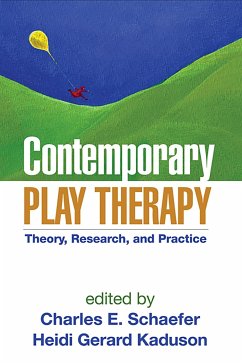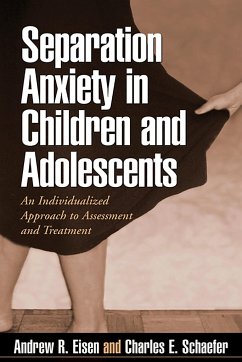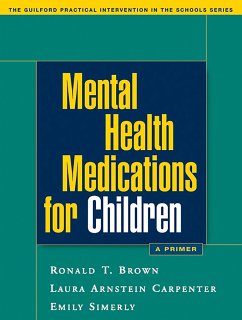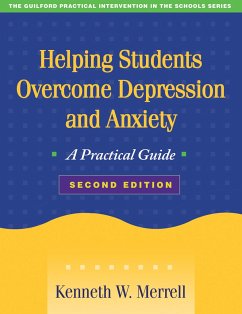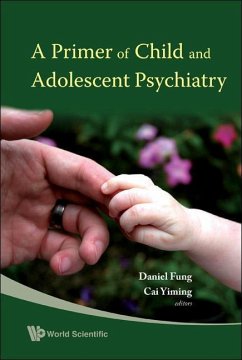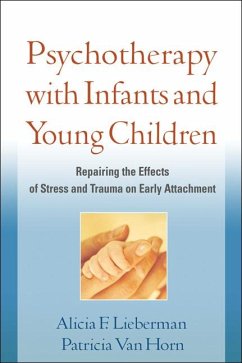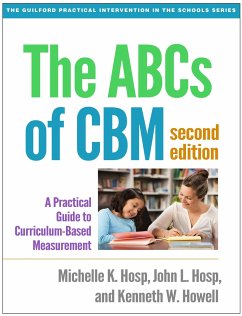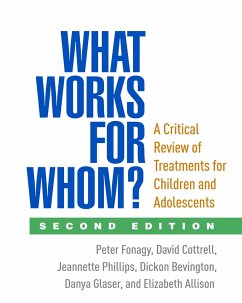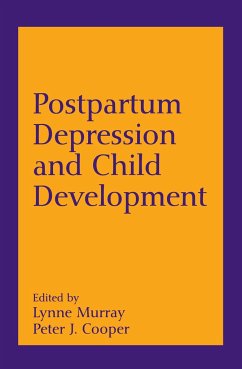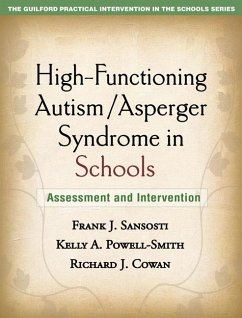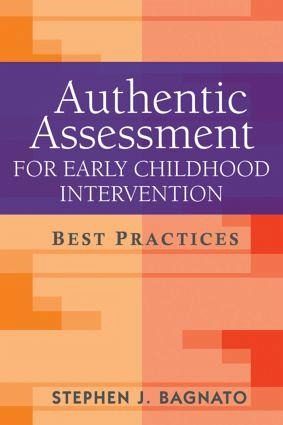
Authentic Assessment for Early Childhood Intervention
Best Practices
Versandkostenfrei!
Versandfertig in über 4 Wochen
39,99 €
inkl. MwSt.
Weitere Ausgaben:

PAYBACK Punkte
20 °P sammeln!
Meeting a crucial need, this book provides clear recommendations for authentic developmental assessment of children from infancy to age 6, including those with developmental delays and disabilities. It describes principles and strategies for collecting information about children's everyday activities in the home, preschool, and community that serves as a valid basis for intervention planning and progress monitoring. Throughout, the book emphasizes the importance of enlisting parents as partners with practitioners and teachers in observation and team-based decision making. Special features of t...
Meeting a crucial need, this book provides clear recommendations for authentic developmental assessment of children from infancy to age 6, including those with developmental delays and disabilities. It describes principles and strategies for collecting information about children's everyday activities in the home, preschool, and community that serves as a valid basis for intervention planning and progress monitoring. Throughout, the book emphasizes the importance of enlisting parents as partners with practitioners and teachers in observation and team-based decision making. Special features of this well-organized, accessible volume include recommendations for developmentally appropriate assessment tools and "Best-Practice Guidepoints" in each chapter that distill key professional standards and practices.




